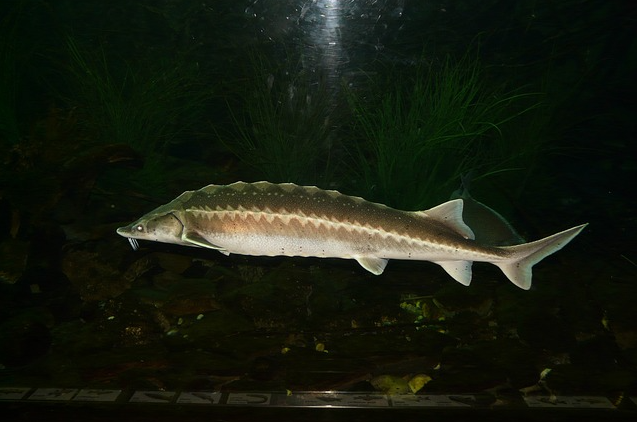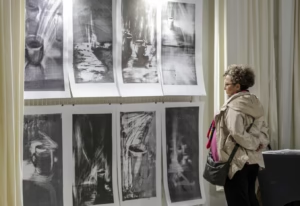Rabat – Scientists have discovered a fossil of a sturgeon, which is believed to be over 66 million-year-old. It is also the first of its kind to be found in Africa.
The University of Portsmouth announced today the discovery made by one of its professors, David Martil.
“The discovery of this fossil in Africa is particularly significant because it is the first of its kind to be found on the continent, suggesting that sturgeons were once more widespread than previously thought,” the university said.
The professor discovered the fossil during a field trip to a well-known Moroccan fossil site in November 2022.
“I found a piece of rock with bucklers – the bony external plates found on these heavily armoured fish – and I knew straight away it was a sturgeon,” the university quoted Martil as saying.
The sturgeon was declared as a “royal fish” by King Edward II in 1324, according to the same source.
Throughout history, scientists believed that the sturgeon species were only able to live in cool waters off the northern hemisphere.
Similar fossils were located in several countries in North America, Europe, Russian Asia, Chinese Asia, but never before in locations like South America, Australia, Africa or India.
“Sturgeons have long been valued for their meat and row, which are eaten as caviar,” the university said, stressing that overfishing has turned them into “critically endangered species.”
“Several are on the verge of extinction in the wild,” the university said.
Morocco has been home to several similar important discoveries in recent years.
One of the many discoveries includes the finding of a 110,000-year-old Atlas Lion fossil in Morocco’s Essaouira in December 2022.
In 2021, archeologists also discovered in Essaouira some of the oldest jewelry that dates back to thousands of years, including necklaces and bracelets.
“Essaouira has experienced today one of the most exhilarating and moving moments of its long history with this discovery, in the Bizmoune cave,” Andre Azoulay, senior advisor to King Mohammed VI, announced last year.
















